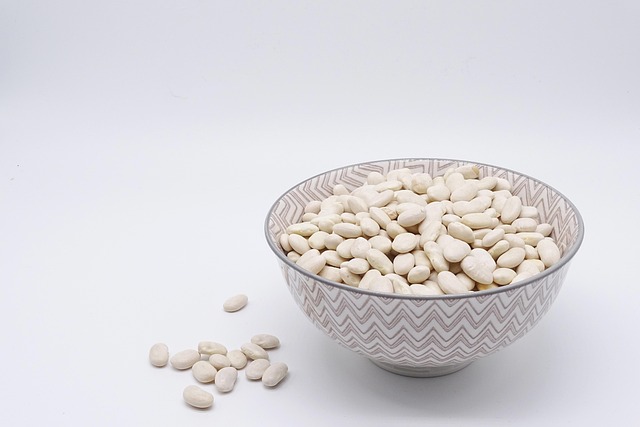In our quest for a healthy lifestyle, protein is often hailed as a superhero nutrient, essential for muscle building, repair, and overall health. However, while incorporating enough protein into our diets is crucial, there’s a growing concern about protein overdose, a phenomenon that can unexpectedly sabotage our well-intended efforts toward healthy nutrition.
Many individuals, influenced by fitness trends or misinformed dietary guidelines, may push their protein intake beyond recommended levels, thinking that more is better. This mindset is especially prevalent among athletes and those seeking to enhance their physical performance. But what many don’t realize is that excessive protein consumption can lead to a host of health issues. From kidney strain to digestive disturbances, falling into the trap of protein overdose can diminish your progress and well-being.
Adopting a balanced approach to nutrition is vital for a healthy lifestyle. It’s not just about hitting a protein target; it’s about understanding your overall dietary needs. Integrating a variety of nutrients—carbohydrates, fats, vitamins, and minerals—creates a foundation for better health. A well-rounded diet ensures your body functions optimally, supporting not just your workout goals but your overall quality of life.
Moreover, protein overdose can lead to dehydration, as the body requires more water to metabolize excess protein. This can cause fatigue, muscle cramps, and decreased performance, which are counterproductive to a wellness-focused lifestyle. Rather than resorting to high-protein diets, consider focusing on whole foods rich in balanced nutrients. Plant-based proteins, lean meats, and dairy can all contribute without tipping the scale toward an overdose.
By measuring your protein needs against your activity levels and life stage, you can tailor your intake without overdoing it. Regularly consulting with a nutritionist can also provide personalized insights, helping you craft a diet that fuels both your body and your lifestyle. Remember, maintaining a healthy nutrition plan is about balance, and understanding that excess can sometimes lead to more harm than good is key to achieving your health goals.
Ultimately, cultivating a mindset around proper nutrition involves embracing moderation. Enjoying a variety of foods, listening to your body, and allowing room for occasional indulgence contribute to sustainable healthy eating habits. When you take a balanced approach, you not only mitigate the risks associated with protein overdose, but you also ensure that your journey toward a healthy lifestyle is both enjoyable and effective.


